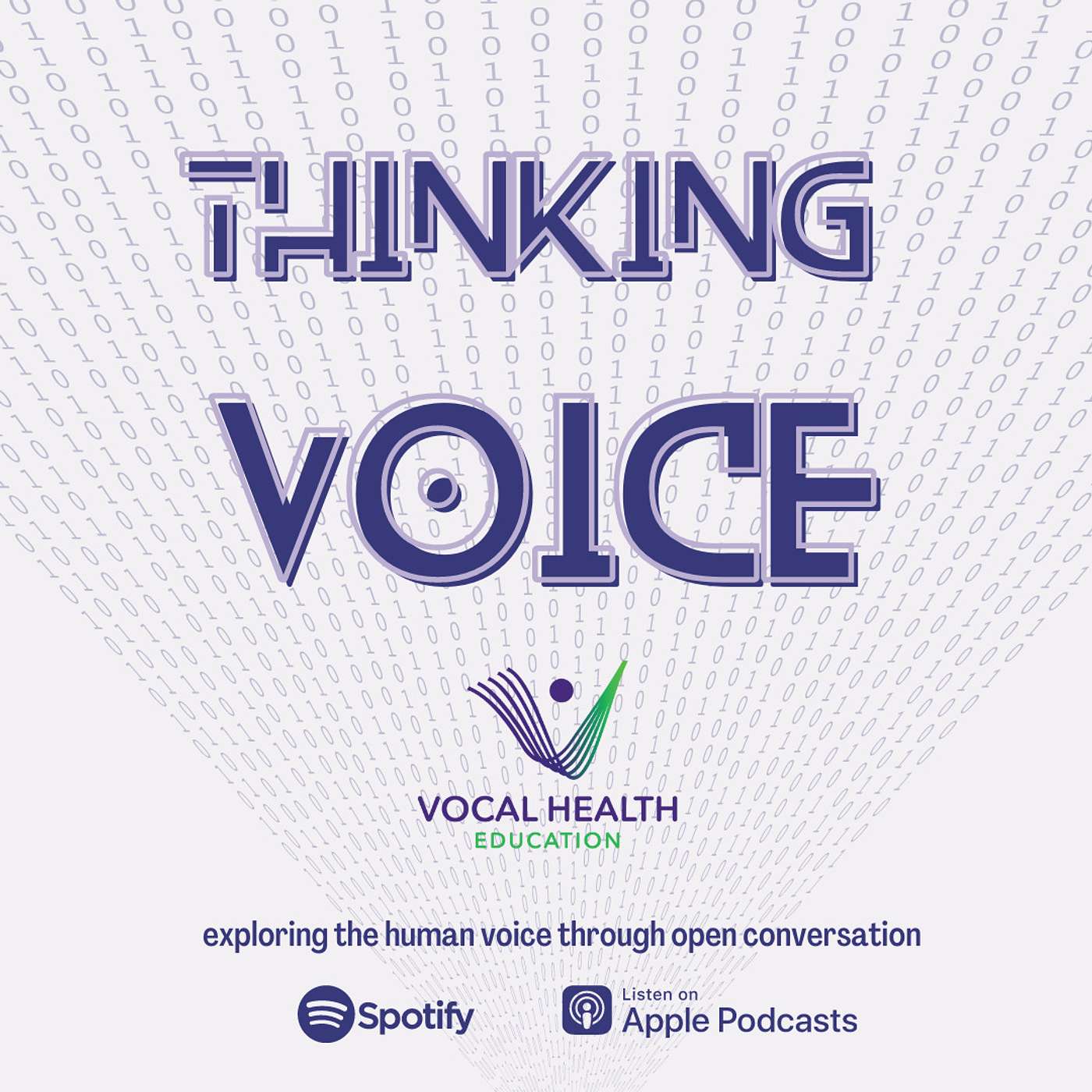 The Guarded Larynx
58:26
The Guarded Larynx
58:26
 The Intergrologist Conundrum
1:10:36
The Intergrologist Conundrum
1:10:36
 The Anita Morrison Interview
52:37
The Anita Morrison Interview
52:37
 The Failure Conversation
1:05:45
The Failure Conversation
1:05:45
 The Robert Price Interview
1:06:06
The Robert Price Interview
1:06:06
 The Breaking Free Conversation
59:28
The Breaking Free Conversation
59:28
 The Carles Exposito Interview
36:58
The Carles Exposito Interview
36:58
 The Endoscopy Chat (Bonus)
27:58
The Endoscopy Chat (Bonus)
27:58
 The Safe Space Conversation
1:08:16
The Safe Space Conversation
1:08:16
 The Imposter Syndrome Conversation
49:24
The Imposter Syndrome Conversation
49:24
 The Phonotrauma Conversation
1:04:18
The Phonotrauma Conversation
1:04:18
 The Hard Yards Conversation
58:35
The Hard Yards Conversation
58:35
 Acupuncture For Voice Interview with Caroline Van Looy
26:31
Acupuncture For Voice Interview with Caroline Van Looy
26:31
 The Journey and Gatekeeping Conversation
1:05:54
The Journey and Gatekeeping Conversation
1:05:54
 The Maurice Goodwin Interview
1:04:26
The Maurice Goodwin Interview
1:04:26
 The Chris Johnson Interview
1:10:38
The Chris Johnson Interview
1:10:38
 The Love Conversation
40:48
The Love Conversation
40:48
 The Reflux Conversation
1:06:02
The Reflux Conversation
1:06:02
 The Tremor Conversation
1:18:20
The Tremor Conversation
1:18:20
 The Miriam Allan Interview
1:02:23
The Miriam Allan Interview
1:02:23
 The Nic Redman Interview
1:01:59
The Nic Redman Interview
1:01:59
 The Sarah Whitten Interview
55:27
The Sarah Whitten Interview
55:27
 The Teaching Groups Conversation
56:06
The Teaching Groups Conversation
56:06
 The Age Old Shiz Conversation
59:30
The Age Old Shiz Conversation
59:30
 Knowing or Not Knowing?
1:00:08
Knowing or Not Knowing?
1:00:08
